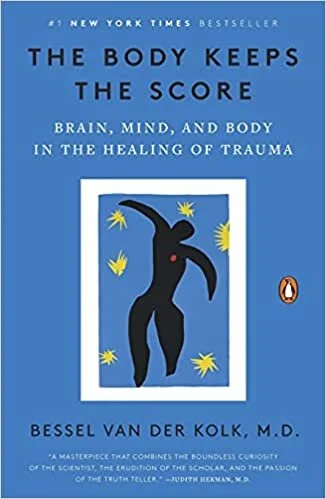The link between trauma and degenerative disease
Did you know that there is a link between childhood trauma, complex trauma, and even adult-onset traumatic experiences and poor health?
We know that many factors play into causing disease, both genetic and environmental. Adults who experienced childhood abuse or neglect have trouble concentrating, spend much of their day feeling on edge, anxious, vigilant, and worried, all while having devastatingly low self-esteem. They experience tumultuous relationships and engage in hyper-sexual behaviors or complete sexual shut-down. Furthermore, they might engage in self-destructive behaviors and have medical problems.
If you experienced adverse childhood experiences, betrayal trauma, or other major life events, be sure you are taking care of your body and mind, making regular visits to your doctor, and practicing self-compassion, and surrounding yourself with supportive people 💕
Nadine Burke Harris’s Ted Talk on how childhood trauma affects health across a lifetime is an excellent resource for learning more:
I also highly recommend The Body Keeps Score: Brain, Mind, and Body in the Healing of Trauma by Bessel Van Der Kolk, M.D. I read this book while in graduate school. It completely changed my perspective on treating trauma and understanding its origin, impact on the body and brain, and how to best help people navigate recovery. The book is full of information and will take most people a while to read. I recommend this book to colleagues and some clients also find it very helpful. It is also available on Audible if you prefer listening. The book provides background information on various treatment options and uses case studies to illustrate how these therapies help people.
Did you know that we give every new client the ACES test? This is a short 5-minute survey that asks about adverse childhood experiences you might have experienced. This helps your therapist understand your past without asking invasive questions in session to develop an appropriate plan for you.
You are unique and need care that is tailored to your needs.


